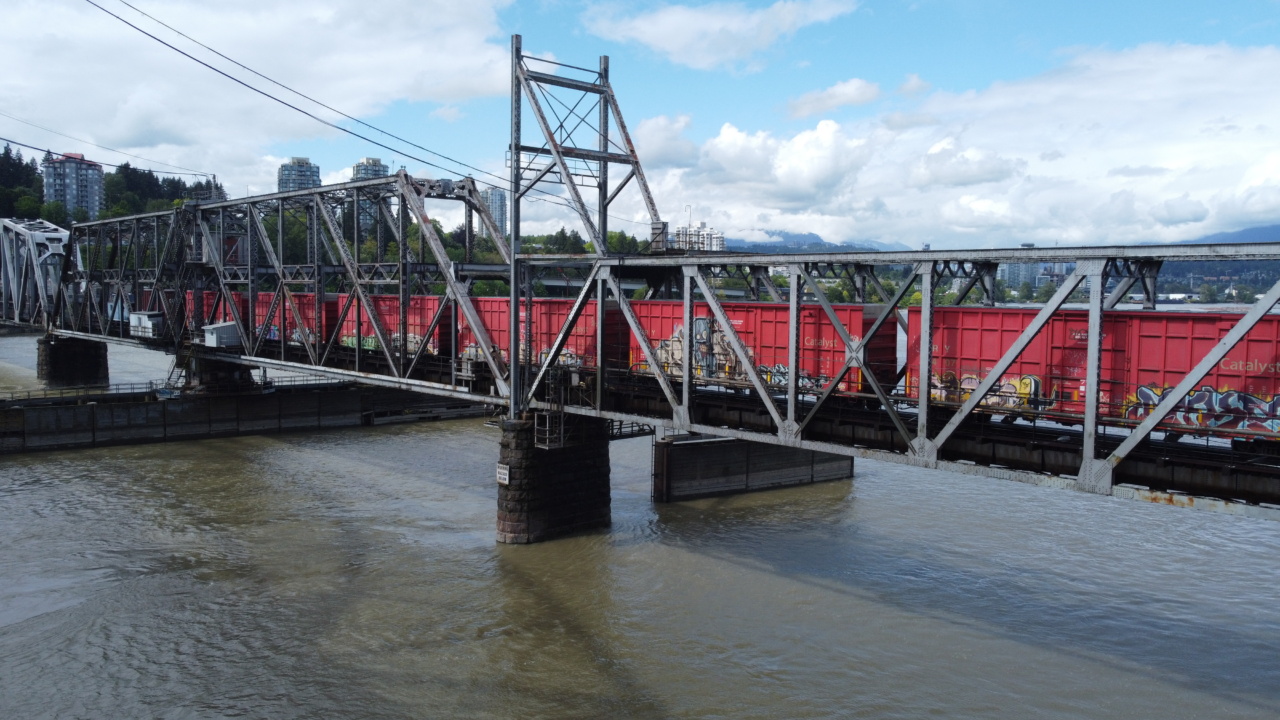Hypertension, also known as high blood pressure, is a common medical condition that affects millions of people around the world. It is a serious health concern that can lead to heart disease, stroke, and other severe health complications.
One of the ways to reduce hypertension is through water consumption. Studies have shown that increasing water intake can reduce blood pressure and lead to better overall health.
What is hypertension?
Hypertension is a medical condition in which the blood pressure in the arteries is consistently elevated. This means that the heart has to work harder than normal to pump blood throughout the body.
Hypertension can damage the arteries over time and is a significant risk factor for heart disease, stroke, and other severe medical conditions.
What are the symptoms of hypertension?
Hypertension is often called the “silent killer” because it usually has no symptoms. Many people may not even realize that they have high blood pressure until they develop serious complications. However, some possible symptoms may include:.
- Headaches
- Dizziness
- Blurred vision
- Shortness of breath
- Chest pain
How does water consumption help reduce hypertension?
Water consumption can help reduce hypertension in several ways. Firstly, increasing water intake can lead to overall improved health.
When the body is hydrated, it is easier for the heart to pump blood throughout the body, reducing the strain on the heart and arteries. This can lead to a reduction in blood pressure.
Secondly, drinking more water can help flush out excess sodium in the body. Sodium is a major contributor to hypertension, and reducing sodium intake can lead to lower blood pressure.
Drinking more water can, therefore, help reduce the amount of sodium in the body and lead to lower blood pressure.
Finally, drinking water before meals can also help you eat less and lose weight. Being overweight or obese is a significant risk factor for hypertension, and losing weight can lead to a reduction in blood pressure.
Drinking water before meals can help you feel fuller and eat less, leading to potential weight loss and reduced blood pressure.
How much water should you drink?
The amount of water you should drink depends on several factors, such as your age, gender, weight, and activity level. However, as a general rule, it is recommended that you drink at least eight glasses of water a day.
This may vary depending on your individual needs and circumstances, so it’s important to talk to your doctor about how much water you should be drinking.
Other ways to reduce hypertension
In addition to drinking more water, there are several other ways to reduce hypertension. Some potential lifestyle changes you can make include:.
- Reducing salt intake
- Eating more fruits and vegetables
- Exercising regularly
- Quitting smoking
- Reducing alcohol intake
- Managing stress
Conclusion
Drinking more water is a simple and effective way to reduce hypertension and improve overall health. It can help prevent serious medical conditions such as heart disease and stroke and may even help you lose weight.
Other lifestyle changes, such as reducing salt intake and exercising regularly, can also have a significant impact on hypertension. If you’re concerned about your blood pressure, it’s important to talk to your doctor about the best ways to manage it.



























